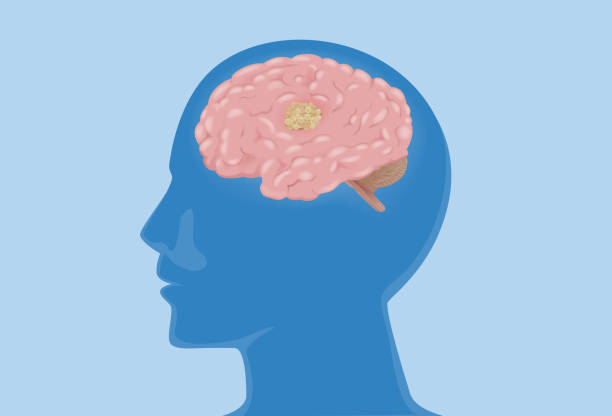Brain Cancer Treatment in India starts from 5000-6500 USD. The total cost of the treatment depends on the diagnosis and facilities opted by the patient.
Brain cancer can interfere with normal brain functions such as speech, movement, thoughts, feelings, memory, vision, and hearing. It is a disease of the brain in which abnormal, cancerous cells grow in the brain tissues. Typically, brain cancer is a developed form of a brain tumour. Primary brain cancer or a brain tumour develops from cells within the brain.
However, all brain tumours are not brain cancer. But one thing to note is that even benign tumour can cause serious problems by increasing intracranial pressure or obstruct vascular structures or cerebrospinal fluid flow in the brain.
Different types of cells in the brain such as gliomas, meningiomas, pituitary adenomas, vestibular schwannomas, and primitive neuroectodermal (medulloblastomas) can become cancerous. Gliomas have several subtypes, which include astrocytomas, oligodendrogliomas, ependymomas, and choroid plexus papillomas.






